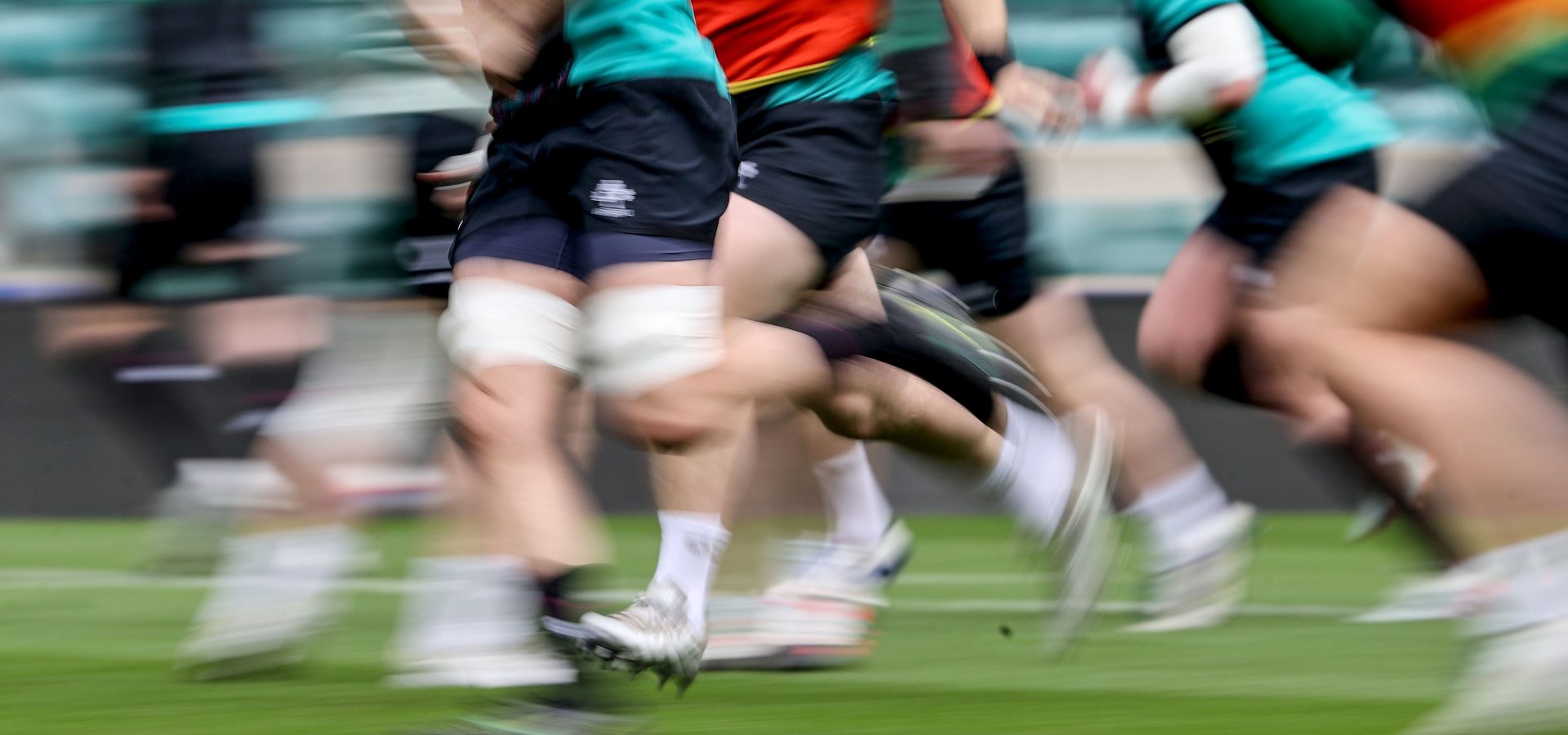News
Boosting Brain Health

Exercising regularly improves brain health as much as physical fitness, say experts launching a new online programme to boost performance and wellbeing. Being active is not only great for general health, but also helps manage modifiable risks linked to dementia, such as depression, obesity, hypertension and social isolation.
Keeping our grey matter in good order gives us a competitive edge and has significant long-term health benefits, the team says. Sportspeople of all abilities are being encouraged to keep their brains healthy by signing up to the interactive course that will provide novel insights and the latest science around brain health, the known risk factors that can affect it across the course of life, and how to reduce these risks.
The Massive Open Online Course – or MOOC – has been created by researchers at Trinity College: Discipline of Physiotherapy at the School of Medicine and the Global Brain Health Institute, along with colleagues at the Universities of Edinburgh and Glasgow and the Brain Health Scotland initiative, which is hosted and supported by the charity Alzheimer Scotland.
Two leading Irish sports figures are backing the initiative: former rugby international Marcus Horan and Olympic rower Claire Lambe will deliver some of the course content. The programme is a response to calls from athletes and other interested groups keen to source evidence-based information to support brain health.
Professor Brian Lawlor, Deputy Executive Director of the Global Brain Health Institute and Conolly Norman Chair in Old Age Psychiatry at Trinity, said:
There’s no health without brain health. But we need to increase awareness and research in brain health and how to maintain it. Just as sport and exercise improve physical fitness, they also have a positive effect on your brain health. Exactly how this happens is explained in this innovative course with practical advice on what you can do to keep your brain healthy at any age, along with the research behind the evidence.
Dr Fiona Wilson, Head of Discipline of Physiotherapy, School of Medicine, Trinity College, said:
Exercise is a powerful tool to support our own brain health. We have listened to some of our top athletes from player’s bodies across countries to understand what is meaningful to them. We have benefited from their wisdom and experience of using exercise to support their brain during their careers and into retirement.
Marcus Horan, former rugby international and Player Development Manager (Munster) at Rugby Players Ireland, said:
It is great to see the development of a course on Sport and Exercise for Brain Health. At Rugby Players Ireland we encourage our retired players to look after their health, so anything which helps us to understand and protect something as vital as our brain should be welcomed.
The course is free and available through the FutureLearn digital platform HERE . Participants can learn about the latest research developments and strategies that anyone can adopt to minimise risks to brain health.
Course content has been developed in partnership with athletes, parents, coaches and teachers who are involved in sport and recreational activities at different levels. The course is backed by the British Journal of Sports Medicine’s Education Stamp of Approval and endorsed by the British Association of Sport & Exercise Medicine and Rugby Players Ireland.
Back to NewsLatest Posts

Player Development Programme Review

Finding Hope

Highlights: February 2025
















